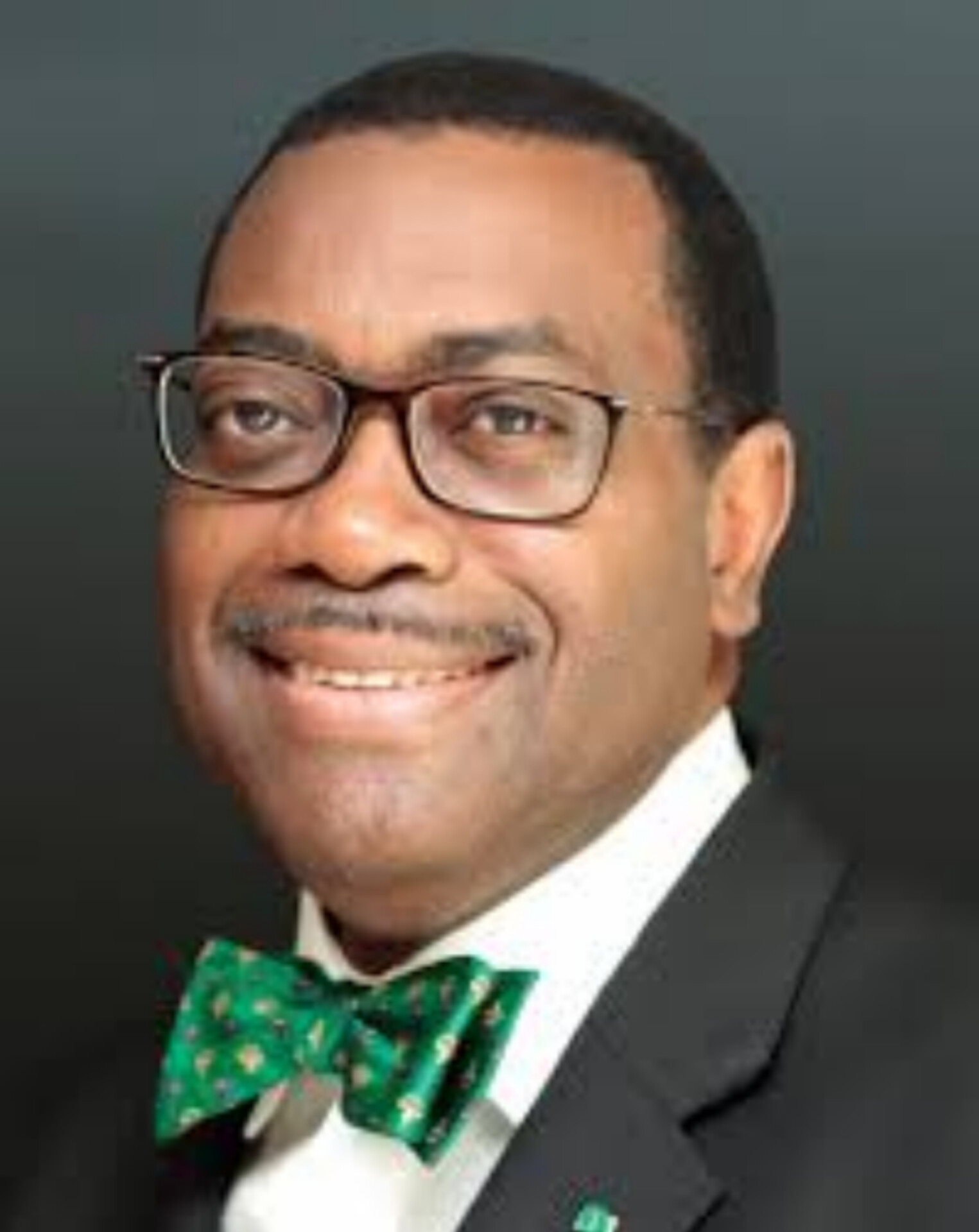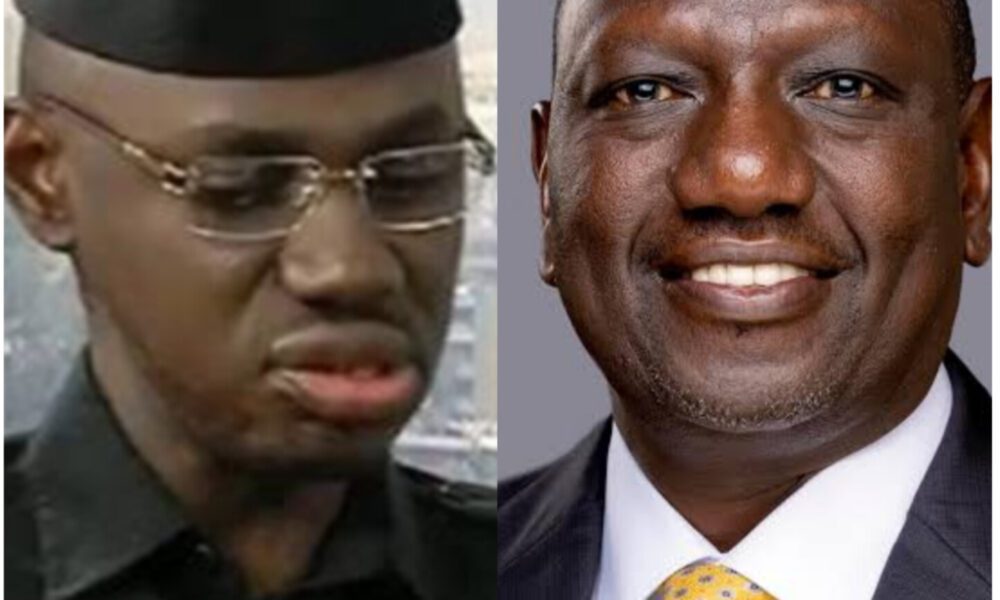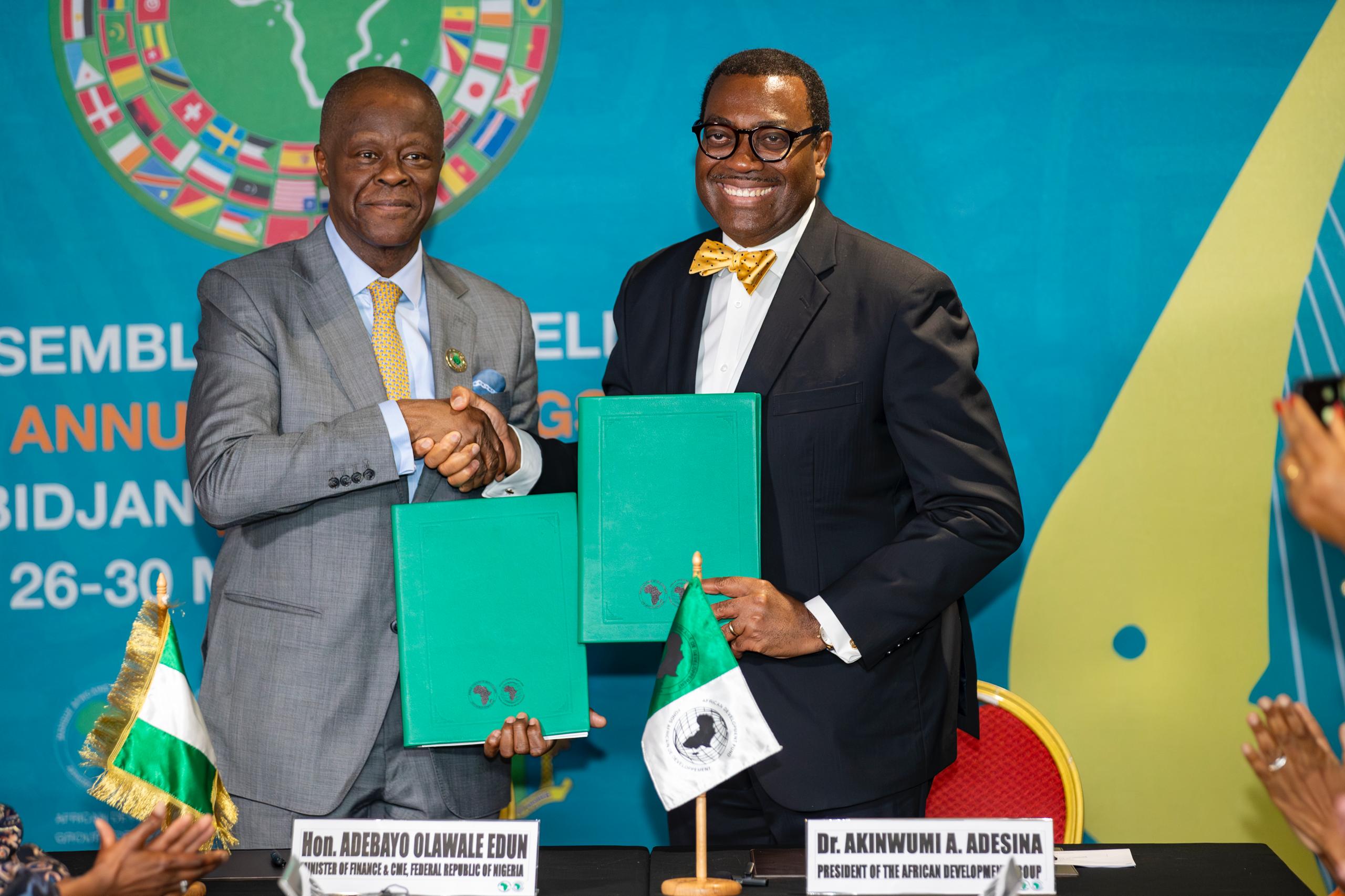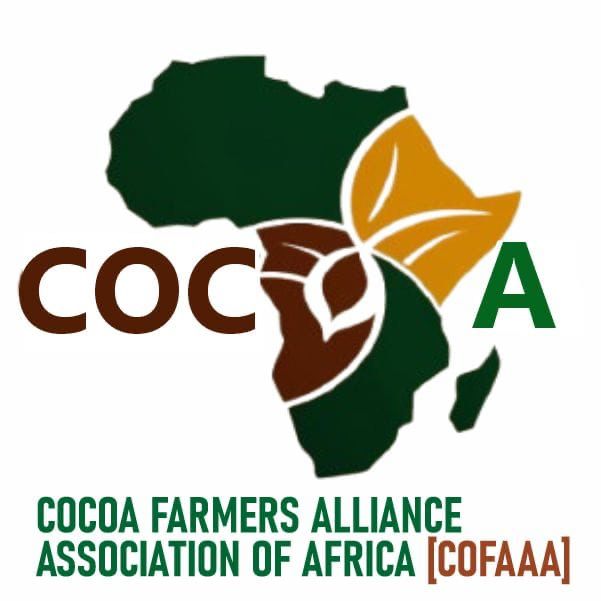In an exclusive interview, Akinwumi Adesina, head of the African Development Bank and ‘optimist-in-chief’, says the outlook is good for a continent with both the workers of the future and the best investment opportunities
Kenneth Mohammed
Africa holds the future workforce for the ageing economies of the west, according to one of the continent’s leading financial figures, who also said it was time to ditch the myths around corruption and risk.

In an exclusive interview before this weekend’s World Bank meetings in Morocco, Akinwumi Adesina said there was a resurgence of belief in Africa’s economic prospects and attacked negative stereotyping, adding that there was “every reason to be optimistic”.
Now midway through his second five-year term as president of the African Development Bank (AfDB), the Nigerian former agriculture minister said the continent’s demographic advantage, expanding middle class, and vast investment opportunities meant a shift was under way.
The global financial crisis that brought the world down in 2008 – that was not in Africa. We have no Wall Street
“And not before time – we’re tired of being at the bottom of the value chain,” Adesina said. “The fastest way to poverty is through exporting raw materials, but the highway to wealth is through global value chains by adding value to everything you have, from oil to gas to minerals to metals and food. We must add value.
“The issue is we have to invest right; we have to make sure the governance environment is right; we have to make sure the incentives are right. Africa must take a position that it is no longer going to be at the bottom but at the top.”
Established in 1964, the AfDB is Africa’s only AAA-rated financial institution, focused on what Adesina said were his “high fives”: enabling universal access to electricity, improving quality of life, industrialising, food self-sufficiency, and integrating the continent’s 54 countries to create larger and more efficient markets.
“I don’t think that you can have development with pride unless you can feed yourself,” he said.
Ghana’s Pokuase interchange, near Accra. Africa’s default rate on infrastructure projects is the lowest in the world, says Adesina. Photograph: Courtesy of AfDB
He said the record-breaking amounts attracted from international investors in the past few years pointed to a renewed trust in the bank’s ability to fast-track development across Africa, particularly in the 37 low-income countries.
“The 81 shareholders of the bank provided us with an increase in the bank’s capital at the end of 2019, from $93bn to $208bn [£76bn to £171bn] – the highest capital increase in the bank’s history. That was timely because little could we have imagined that we were going to move into the world of Covid.
“So that increase allowed us very quickly to do an emergency support facility of $10bn in Covid crisis response for Africa and to immediately respond when the global food crisis was coming from the Russia’s war in Ukraine. We launched a $1.5bn emergency food-production facility to mitigate that global geopolitical crisis leading to a food crisis in Africa.”
I’m an eternal optimist … Look at the numbers: Africa’s population is going to be 1.72bn by 2030. That’s larger than China, larger than India
But he does want the international financial systems to be structured fairer, so that African nations have as equal access as the developed nations to reserves and liquidity. Adesina will be taking his call for equity to this weekend’s World Bank summit.
“What is very important for us is the issue of the special drawing rights. Africa needs to have a lot more resources for financing climate, but what is actually out there it’s not enough. We have on the table right now the special drawing rights of the IMF. But when they were issued, US$650 billion were issued, Africa got US$33 billion. It’s 4.5%, it’s not good. You have small countries in Europe that got more and that is not fair and not inclusive.” With 190 member states in the IMF, Africa’s 54 countries should have been closer to receiving 25% of the special drawing rights.
“African heads of state are asking for US$100 billion to be re channelled from the countries that got it and don’t use it, or need it,” Adesina said, and he believes this could be key to real progress.
“We might think of maybe just adjusting it a little bit. And calling it supporting development revitalisation. That’s also SDRs.”
Corruption, he said, is actually less in Africa than other parts of the world. “The global financial crisis that brought the world down in 2008 – that was not in Africa,” he said. “We have no Wall Street.
“That collapse came from greed, from corruption, from fraud.
“You have people cooking the books that are in the financial industry in Europe, not in Africa. Corruption is not an African issue.
“The issue is, that’s not to say that there’s none. What you have to do is to continue to improve transparency, accountability and the use of public resources.
“I just came back from Eritrea. I hear a lot of things about Eritrea but my first time there and I was talking to UN Development Programme staff. You know what they told me? That, in Eritrea, corruption is 0%. Why do we not talk about that? That’s the kind of thing that we want to do. For us as a development bank, we take good governance very, very seriously.
“As far as I am concerned, people’s resources do not belong in other people’s pockets. Governments must be accountable to their people. There has to be transparency in how the resources are acquired and used. That’s why we have a governance programme. When you get money from us, we also support you technically. You are accounting for those resources.
“I don’t want to minimise that Africa has a significant amount of illicit capital flows; it does – anything between $80bn and $100bn a year. But guess what? Those that are doing that are the multinational companies. And so what we have got to do is bring a searchlight to that.”
However, the biggest challenge lay in the climate crisis, he said. “Africa today is losing $7bn to $15bn a year from climate change. And that’s going to rise to $50bn a year by 2030. Yet it receives only 3% of the global climate finance.”
The African climate summit in Nairobi last month was a “great success”, he said.
“For the first time, African countries got together to say we’re not going to talk about climate issues individually; we’re putting forward African issues collectively. That itself was a success.
“I made a case at the summit that Africa’s wealth should be revalued based on the value of its natural capital; if you did that, these countries that are currently rich in natural capital, but are cash poor, will become richer. Many people think the largest carbon lung in the world is the Amazon. But it is the Congo basin forest. Now, if Africa is providing this global good, why is it not accounted for in its GDP?
Climate crisis: Africa is talking but is the west listening?
“I’m an eternal optimist – they call me Africa’s optimist-in-chief – because look at the numbers: Africa’s population is going to be 1.72 billion by 2030. Seven years from now. That’s larger than China, larger than India. 477 million of those are young people, between 15 and 35. That’s a skilled workforce; that would be the labour, a workforce for the world.
“I can go into any country you have in Europe, or in Japan, and it’s a rapidly ageing workforce and they are looking for people. A skilled African population would be able to supply that. And when they do that, guess what: they put a lot of remittances back into the continent. So Africa is part of the solution of the lack of skills in the global labour market.”
He said renewable energy and agriculture were also growth opportunities. “Africa has 60% of the world’s solar power. That is an $100bn investment opportunity for Africa to become able to light up itself, but also to harness a renewable energy and reduce global emissions.
“Take food: the ability to feed the world by 2050 will not depend on the US or China, Japan or Europe, because 65% of the arable land left uncultivated in the world is in Africa. So what Africa then does with agriculture and how we all invest in agriculture will determine the future of food in the world.
A Carnegie Mellon University Africa robotics project in Kigali, which has been financed by the African Development Bank as part of Rwanda’s ambitions to become an educational stronghold in information and computer technology. Photograph: Courtesy of AfDB
“Also, take a look at other opportunities that Africa has: mobile money services, financial services – there’s tremendous growth. If you look at the number of people using mobile phones in Africa: 650 million. That is larger than the US and Europe together, and when you look at the financial services – whether mobile phone or e-health, insurance, digital payments – a revolution has happened in Africa.
“You have $701bn just from digital payments in the world – 70% of digital payments in the world happening in Africa.
“I go out and I see young people in the fintech industry that are leading today globally. So, my optimism, it’s realistic.
“Take a look at electric vehicles. Guess what: the metals for all of that are in Africa. Africa has 80% of the world supply of platinum, 50% of copper, 40% of manganese. Huge amount of lithium all about.
“We want to have investors globally investing. We have to make sure the governance environment is right, that incentives are right.
“Don’t just believe what I say, believe what the data says. Bloomberg did an analysis of the default rates on infrastructure globally over the past 14 years, around the world. Guess what they found: Africa’s default rate is the lowest in the world – 2.1%. Eastern Europe: well over 10%. Asia: well over 8%.
“We’re doing everything we can to make sure investments can land in Africa, like a plane on a smooth landing strip.”
Culled from TheGuardian




